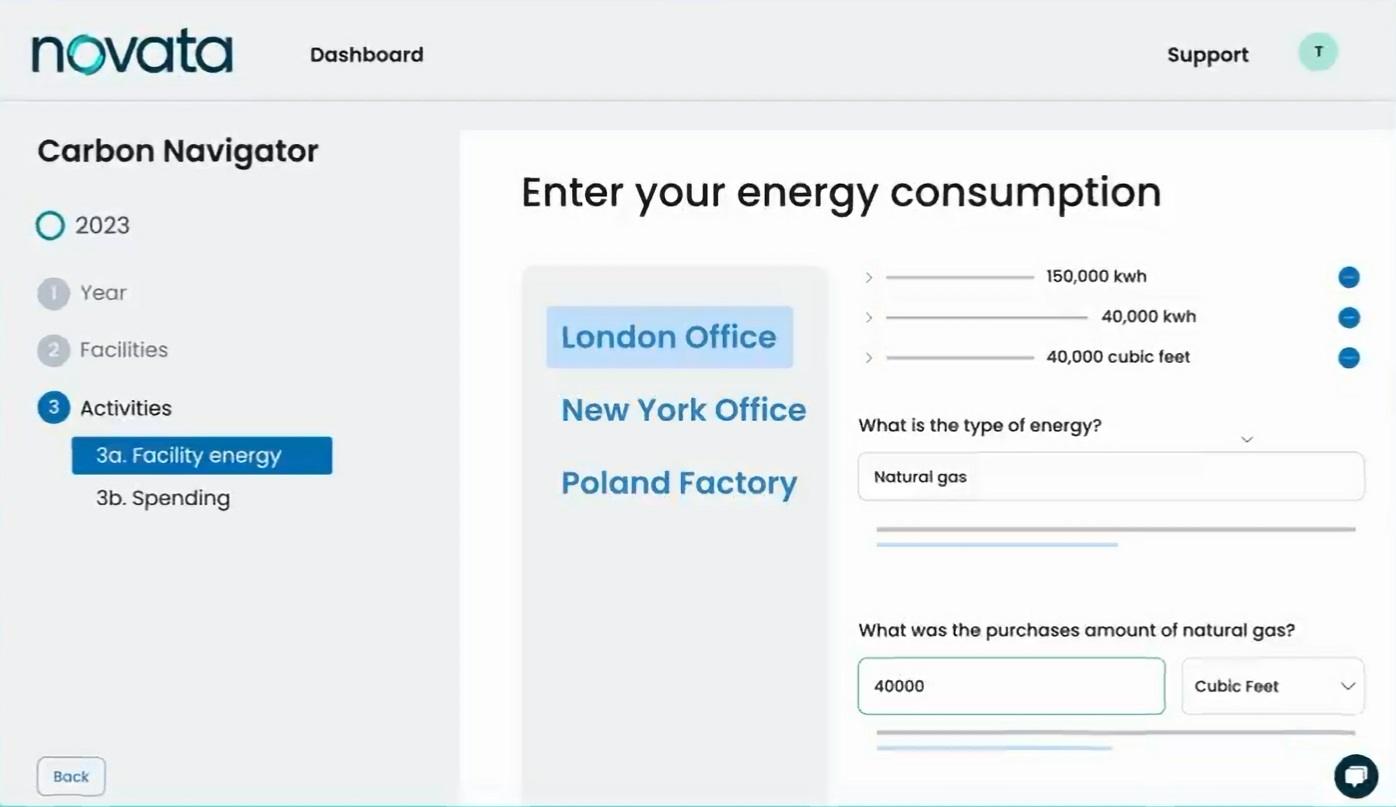ESG Reporting Takes Major Step Forward: WEF Along with Deloitte, EY, KPMG and PwC Release New ESG Metrics
The world of sustainability reporting and disclosure took a major step forward today, with the announcement by the World Economic Forum of the release of a new set of universal ESG metrics and disclosures to measure stakeholder capitalism, developed in collaboration with Big Four accounting firms Deloitte, EY, KPMG and PwC.
Klaus Schwab, Founder and Executive Chairman, World Economic Forum, said:
“This is a unique moment in history to walk the talk and to make stakeholder capitalism measurable. Having companies accepting, not only to measure but also to report on, their environmental and social responsibility will represent a sea change in economic history.”
The lack of consistent, universal metrics to measure companies’ environmental, social and governance performance is often cited as one of the primary obstacles for investors in integrating ESG in their investment process, and to companies’ ability to compare their performance to peers. While many organizations and investors express interest in further adopting sustainability strategies, these efforts can be impeded without reliable data.
Today’s initiative aims to address this issue. The new metrics were developed through an open consultation process with corporates, investors, standard-setters, NGOs and international organizations, and were designed to provide a common set of existing disclosures that lead towards a coherent and comprehensive global corporate reporting system. They are intended to help companies to demonstrate long-term value creation and their contributions to the Sustainable Development Goals (SDGs), while enabling stakeholders and financial markets to properly assess and benchmark sustainability performance.
Bill Thomas, Global Chairman and Chief Executive Officer, KPMG International, said:
“As businesses become more acutely aware of their role in addressing societal and environmental issues, moving toward a common set of ESG-focused metrics will help ensure that we all collectively make a difference where it counts. Reporting on ESG factors like carbon emissions and human rights and other key metrics will not only help inform investors while helping companies control their full corporate value, it has the power to realign capitalism for the benefit of broader society.”
The metrics are centred on four pillars:
- People – Reflects a company’s equity and its treatment of employees. Metrics include diversity reporting, wage gaps, and health and safety.
- Planet – Reflects a company’s dependencies and impacts on the natural environment. Metrics in this pillar include greenhouse gas emissions, land protection and water use.
- Prosperity – Reflects how a company affects the financial well-being of its community. Metrics include employment and wealth generation, taxes paid and research and development expenses.
- Principles of Governance – Reflects a company’s purpose, strategy and accountability. This pillar includes criteria measuring risk and ethical behaviour.
Bob Moritz, Global Chairman, PwC, said:
“Robust non-financial reporting is a crucial element of the systemic economic reform the world needs to address issues like climate change and social inclusion, and we were pleased to be able to collaborate on this initiative and lead on the Planet pillar of this work. Stakeholders – including investors, but also policy makers, consumers and employees – need more rounded, comparable and robust information to make decisions. Get that information flowing, align market incentives against performance on these metrics, and a better tomorrow becomes possible.”
The World Economic Forum also announced that it has collaborated with the Impact Management Project to bring together the efforts of the five leading independent global framework and standard-setters (CDP, CDSB, GRI, IIRC and SASB) to work towards a comprehensive corporate reporting system. The organizations have released a statement of intent as a complement to the common metrics released today.
Punit Renjen, CEO, Deloitte Global, said:
“The disruptions of 2020 have underscored the critical importance of organizations managing and reporting their impact on the economy, the environment and society, and their increasing connection to long-term enterprise value creation. Deloitte is pleased to have led the development of the Principles of Governance pillar and collaborated on this project with so many respected organizations. We hope our work supports organizations as they move towards consistent reporting of ESG metrics and disclosures in mainstream annual reports, as ultimately, this is how the business community will make greater progress against the Sustainable Development Goals.”
Carmine Di Sibio, EY Global Chairman and CEO, said:
“The time is now for companies to broaden their engagement with stakeholders. The combined impacts of climate change, COVID-19 and economic inequality contribute to the urgency for businesses to embrace long-term, sustainable value creation and prioritize the needs of people and planet and the creation of broad-based economic prosperity.”





